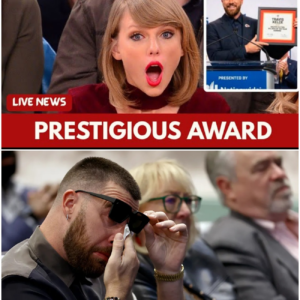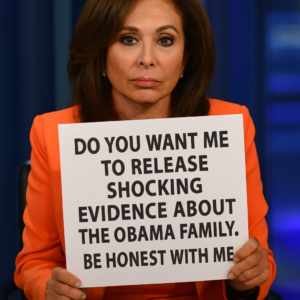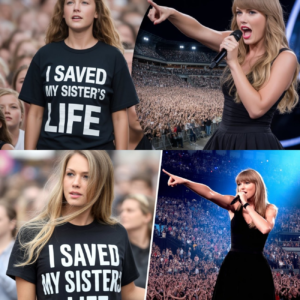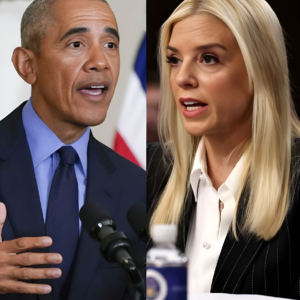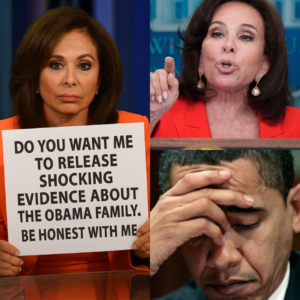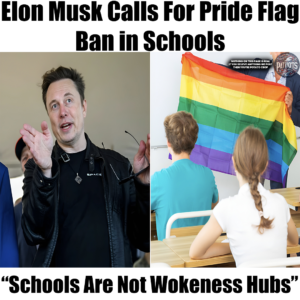
Bob Dylan Speaks Out After Charlie Kirk’s Assassination: A Reminder of Kindness Amid Political Turmoil
In an America already deeply divided, the assassination of Charlie Kirk, the prominent conservative activist and founder of Turning Point USA, on September 10, 2025, at Utah Valley University, has sent shockwaves across the nation. This tragic event has raised profound questions about security at political forums, the state of public discourse, and the thin line between free speech and violence. Amid this turmoil, music legend Bob Dylan has issued a statement, delivering a simple yet powerful message: “If you want people to speak kindly after you’re gone, speak kindly while you’re alive.”
This article examines the context of the incident, Charlie Kirk’s influence, the significance of Dylan’s message, and the broader lessons about politics, culture, and empathy in a fractured society.
Charlie Kirk: A Controversial Figure
Charlie Kirk, 31, was one of the most influential conservative activists on American college campuses. Through Turning Point USA, he built a nationwide network of students advocating conservative values, engaging in political campaigns, and taking part in heated debates over free speech, education, and youth politics. From his early days as a college student, Kirk demonstrated an unflinching willingness to confront opponents, earning both admiration and criticism.
To his supporters, he was a fearless voice of conservatism, a symbol of courage and conviction. To his critics, he was a polarizing figure, representing a rigid political ideology that many felt contributed to social tension. This duality would follow him until his untimely death, highlighting the deeply polarized nature of American politics today.
The Fateful Day: The Assassination at Utah Valley
On September 10, 2025, Kirk attended a speaking engagement at Utah Valley University. Thousands of students and attendees gathered to hear him discuss free speech and the role of young people in politics. Moments into the event, 22-year-old Tyler James Robinson allegedly rushed the stage and shot Kirk. The scene descended into chaos. Witnesses described screams, panic, and Kirk collapsing in front of horrified eyes.
The attack was not only a personal tragedy but also a stark illustration of the growing dangers of political violence in America. Social media and news outlets quickly erupted with commentary, conspiracy theories, and heated debate, reflecting the national anxiety over political extremism.
In the aftermath, Kirk’s widow, Erika Kirk, delivered a heartfelt message at a memorial in Glendale, Arizona, forgiving the man accused of killing her husband. Her public act of forgiveness and resolve to continue Kirk’s work drew widespread attention, sparking conversation about justice, mercy, and resilience in the face of tragedy.
National Reaction: Grief and Division
The assassination triggered immediate and polarized responses. Conservative circles, particularly followers of Turning Point USA, mourned Kirk as a “martyr of conservatism,” celebrating his courage and dedication. The memorial in Glendale, attended by hundreds, became both a tribute and a rallying point for young conservatives.
Conversely, many commentators and opposition figures warned that the tragedy underscored the dangers of escalating political rhetoric and animosity. Social media posts and public statements ranged from heartfelt condolences to inflammatory blame, highlighting the nation’s fragile state of discourse.
The tension between mourning and politicization of the event illuminated the precarious balance of American democracy: free speech, passionate activism, and the real threat of violence when ideological differences become personal.
Bob Dylan’s Message: A Call for Empathy
Amid national grief and political strife, Bob Dylan, the legendary musician and songwriter, offered a message that transcended political affiliation:
“If you want people to speak kindly after you’re gone, speak kindly while you’re alive.”
Though brief, Dylan’s statement carries profound significance. Known for politically and socially charged works like The Times They Are A-Changin’ and Blowin’ in the Wind, Dylan has long been a voice of conscience, addressing injustice, inequality, and social change. This time, however, he chose not to weigh in on partisan arguments but to remind the public of a more fundamental value: empathy and the responsibility to communicate with care.
Dylan’s words underscore the urgent need for civility. In an era where language can be weaponized and public discourse can descend into vitriol, choosing kindness may be one of the most radical and necessary acts.
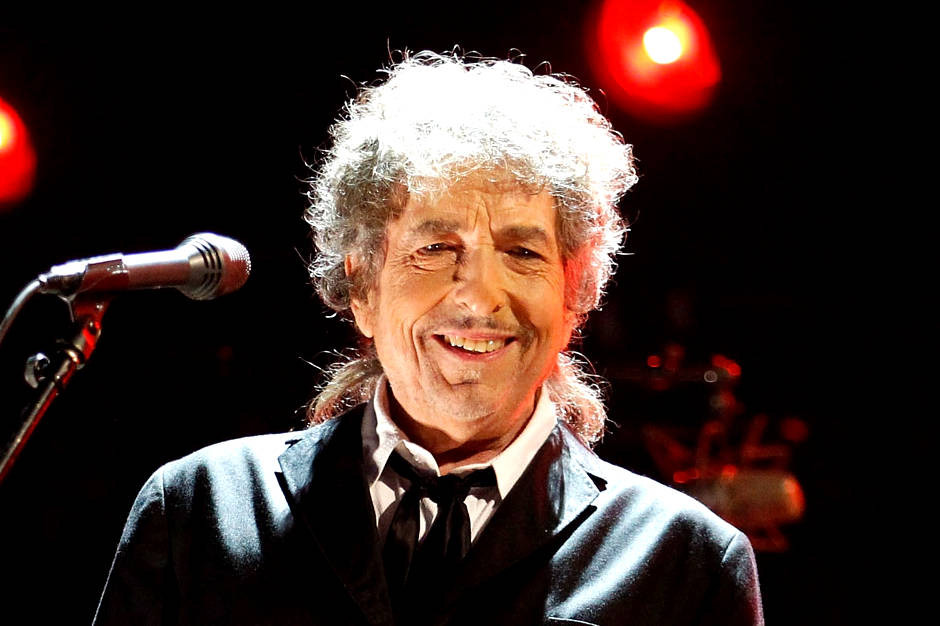
Cultural Impact
Dylan’s statement reverberated beyond politics. As an iconic figure in American culture, his words carry symbolic power. Musicians, writers, and public intellectuals echoed his message, emphasizing the necessity of human decency, even amid political differences. The statement became a focal point for discussions about social responsibility, media tone, and the influence of public figures on national mood.
For many, Dylan’s voice represented a reminder that cultural leaders can shape the conversation as much as politicians. His call for kindness offers a template for rethinking communication and engagement, not through fear or anger, but through empathy and respect.
Politics and Responsibility
The assassination also raised critical questions about political responsibility. Kirk’s prominence made him a target, reflecting how polarizing rhetoric can escalate into real-world harm. Dylan’s message reframes the conversation: instead of focusing solely on blame or ideology, it urges individuals and communities to consider the human consequences of their words.
Choosing empathy and civil discourse is not a neutral act—it is an intervention against the spread of hatred. Dylan’s statement reminds Americans that, regardless of political stance, the way we communicate and treat one another defines the moral health of society.
Lessons from Tragedy
Charlie Kirk’s life and death carry multiple lessons. His activism demonstrates the power of conviction and the ability of young people to influence national discourse. Simultaneously, his assassination highlights the dangers of political extremism and the potential consequences of escalating conflict.
Dylan’s words transform the tragedy into a moment of reflection. They emphasize that the everyday choices we make—how we speak, how we respond to disagreement—can prevent further harm. Empathy is not passive; it is a proactive choice that can reduce tension, save lives, and foster unity.
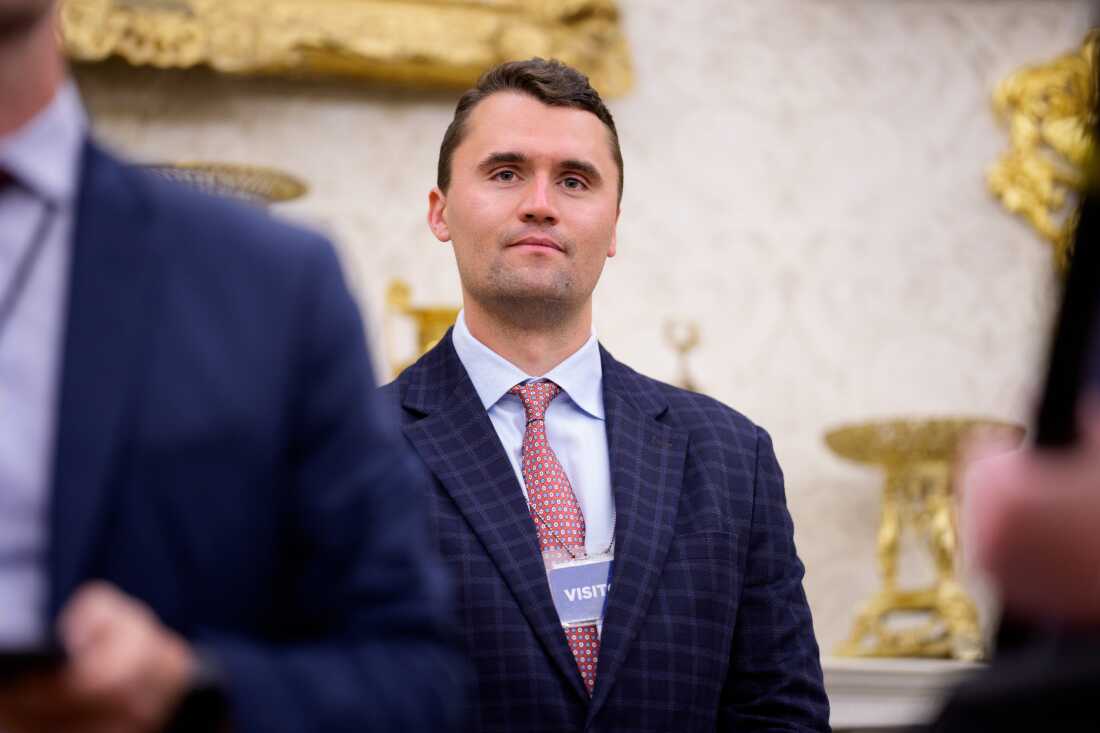
Conclusion: A Message for America
The assassination of Charlie Kirk serves as both a warning and a call to action. Amid mourning and political contention, Bob Dylan’s message stands out as a beacon: a reminder that kindness, respect, and human decency are essential to maintaining a civil society.
In a country where words can wound or heal, choosing empathy is revolutionary. By speaking kindly and treating one another with dignity, Americans can honor the memory of those lost and cultivate a society resilient against hatred and violence.
Ultimately, Dylan’s message reminds us that political affiliation or ideology is secondary to our shared humanity. The power of kindness transcends division, offering a path toward understanding, reconciliation, and a stronger, more unified nation.
In the end, as the nation reflects on the life of Charlie Kirk, the lesson is clear: let our words and actions embody the compassion we hope to see in others. Choosing kindness is not just moral—it is transformative.
